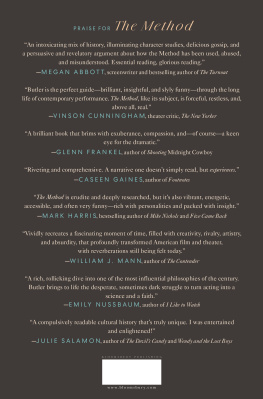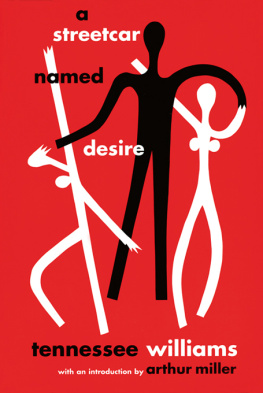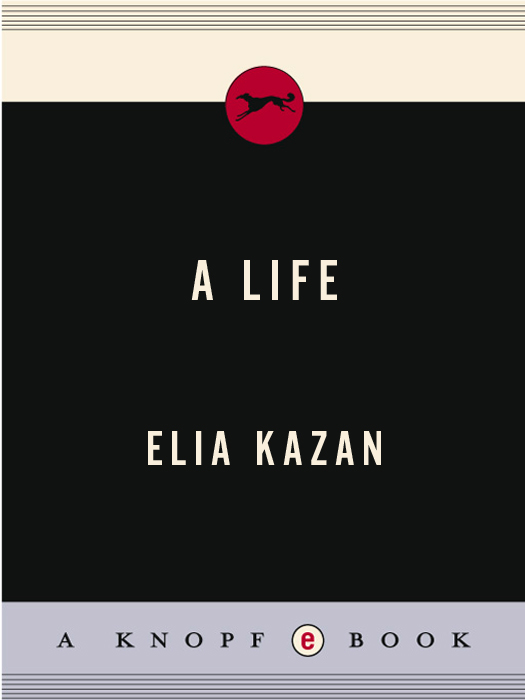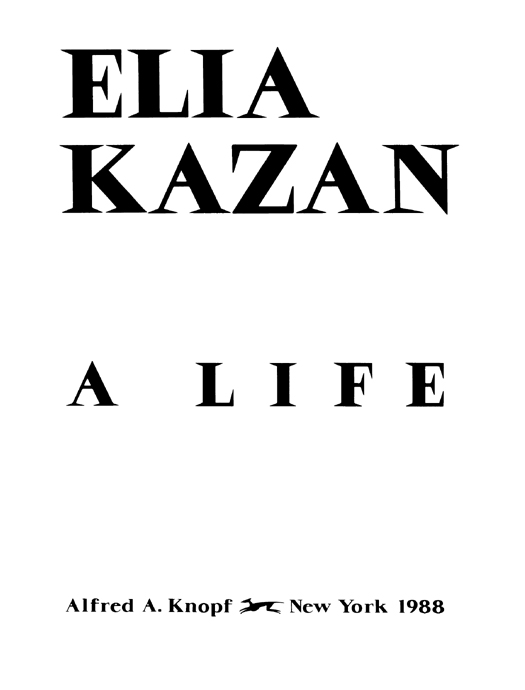ALSO BY ELIA KAZAN
America America
The Arrangement
The Assassins
The Understudy
Acts of Love
The Anatolian
THIS IS A BORZOI BOOK
PUBLISHED BY ALFRED A. KNOPF, INC.
Copyright 1988 by Elia Kazan
All rights reserved under International and Pan-American Copyright Conventions. Published in the United States by Alfred A. Knopf, Inc., and simultaneously in Canada by Random House of Canada Limited, Toronto. Distributed by Random House, Inc., New York.
Grateful acknowledgment is made to Grove Press, Inc., for permission to reprint excerpts from Waiting for Lefty from Six Plays by Clifford Odets. Copyright 1935 by Clifford Odets. Copyright renewed 1962 by Clifford Odets. Reprinted by permission of Grove Press, Inc.
Library of Congress Cataloging-in-Publication Data
Kazan, Elia.
Elia Kazan : a life.
1. Kazan, Elia. 2. Motion picture producers and directorsUnited StatesBiography. 3. Theatrical producers and directorsUnited StatesBiography. 4. Authors, American20th centuryBiography. I. Title.
PN1998.3.K39A3 1988 791.4302330924 [B] 87-40486
eISBN: 978-0-307-95934-8
v3.1
TO
EILEEN
SHANAHAN
Contents
WHY are you mad?
My wife asks me that, seems like every morning. Usually at breakfast, when my face is still wrinkled from sleep.
Im not mad, I say. Its just my face.
Ive said that to her ten times. Shes my third wife and Im happy with her, but she has yet to learn that I dont like to talk in the morning. Which is tough on her, a decent person, full of lively chatter, like bright pebbles.
Confronting me where Im sitting at my typewriter is a small round mirror, clamped in a pretty but rickety Mex-made stand. It frames my face neatly, and sometimes when I work, I study my image. I certainly look mad.
The fact is I am mad, most every morning. I wake up mad. Still.
Havent you noticed that everyone is afraid of you? my wife goes on, her tone gentle and sympathetic. Youre intimidating.
Bullshit!
Ask your children. Or mine. Shes brought me two blond stepchildren, nice kids. Theyre scared of you too.
Im rather good at concealing anger. Had to be in my old profession. But recently its begun to show through. What Im mad at nowadays is, for instance, mortality. Ive passed seventy-eight and have only recently found how to enjoy life. For one thing, Ive stopped worrying about what people think of meor so I like to believe. I used to spend most of my time straining to be a nice guy so people would like me. Now Im out of show business and Ive become my true grumpy self.
I no longer hide it; its out in the open, my perennial scowl. Which is why my smile, when it does appear, is so dazzling. The sheer surprise of it! Thats supposed to be a joke.
SOMETIMES the image I see in the little round mirror shocks me. There he ismy father. Im beginning to look like the man I feared most of my life and particularly during the years when I was growing up. I look away. I look back. Hes still there, and his face still disturbs me.
My youngest son, whos only had twenty-five years to get used to my mug, is more direct. Whats the matter with your face? hes said to me. Some nerve! Wheres respect for your parents these days? Whats the matter with it? I demand. It looks like its about to blow up, he says. Like you could do something terrible any minute.
Which is exactly what I used to think of my old man.
Actually its not the evidence of uncontrollable rage that worries me. That was useful when I was an actor in the Group Theatre and we did those semirevolutionary plays. Or when I played gangsters. The same expression did for both. Its another look, one that is there only occasionally, and when I see it I dont like it. Its my fathers sly face. I call it the Anatolian Smile, the smile that covers resentment. And fear. I see the cunning in that smile. Father never wore that look at home; he was himself then. He kept that face for buyers. Thats when I used to see it, when I worked summers at George Kazan, Inc., Oriental Rugs and Carpets.
Where did it come fromon me, I meanthat mask to hide a truer feeling? Whatever produces that smile, Im not proud of. Im moving the mirror back and out of line.
The thing about my face that disturbs me most is the clutch of crooked crosses on my forehead. I know how they got there. When I was separated from my first wife, Molly, I was very unhappy and used to sleep with my face clenched like a fist. I would grind my teeth too. My friend George Sferra, the dentist, warned me about that, so I made an effort to control it and did. But no one warned me that the creases on my forehead would not go away.
I SPEND a good deal of time in the country and have come to know the black snake. He is a courageous creature who asks no quarter, shows no panic. Confronted with a larger adversarymehe moves away but just enough. Its his country too, and hes coiled at the side of the woods path for his own good reason. I sense some kind of pride there. I may be pumping this empathy up, but its there in me.
The black snake avoids man. We, who revere the scavenger eagle, scorn and despise the snake. If it slides onto a highway on an autumn afternoon and lingers to enjoy the heat that the blacktop has stored from the noonday sun, the next passing car will swerve enough to run it over. The first thing a snake learns is that man is the enemy.
Each spring I find a skin that a black snake has shed in its program of growth. Delicate as a butterflys wing. I hold it in my fingertips, lift it to the sun, admire its color and fabric. I wonder about the life that skin contained. Would such a creature know regret? Or worry? Or guilt?
When I see the snake later with its glistening new skin, it is bigger and more confidentor so it seemsbut no more friendly. It is still natures essential outsider. But I know how vulnerable it is, that with all its hissing and writhing and snapping the air, a single strike across its back with a garden hoe will finish it. Ive seen that and Ive seen hawks stoop to pick up young snakes and carry them off, helpless. Their threatening aspect does not protect them.
So much for my angry look.
Ive shed several skins in my time, lived several lives, and known violent and cruel changes. Generally Ive understood what happened only after it happened. Events had meaning for me only in reverse chronological order.
Ive known regret. And guilt. Also pride. Oh, yes, thereve been days!
A writer, perhaps more than a filmmaker or a theatre director, lives off what he has stored up in the way of impressions and experiences. One thing we all learn is not to deny our violent feelings but to respect them. They are our material, as well as our bond with humanity. People generally try to forget the pain of the past, to lift themselves above it. Theyre protecting themselves where it hurt most. Artists know that they have to live differently than their neighbors, and that hurt is part of the game theyve chosen to play. Our weaknesses, our faults, our sins, are what make us understand other living creatures. We dont look away when we look back.
The irony is that my face got its look when I was most successful. From the mid-1940s through the 50s and on into the first two years of the 60s, I was the most successful director at work in America, but I was in a turmoil of revolt, and it was against myself. I didnt like my public person. I wasnt the man I wanted to be. I despised my nickname, for instance: Gadget! It suggested an agreeable, ever-compliant little cuss, a good Joe who worked hard and always followed instructions. I didnt feel that way, not at all.






